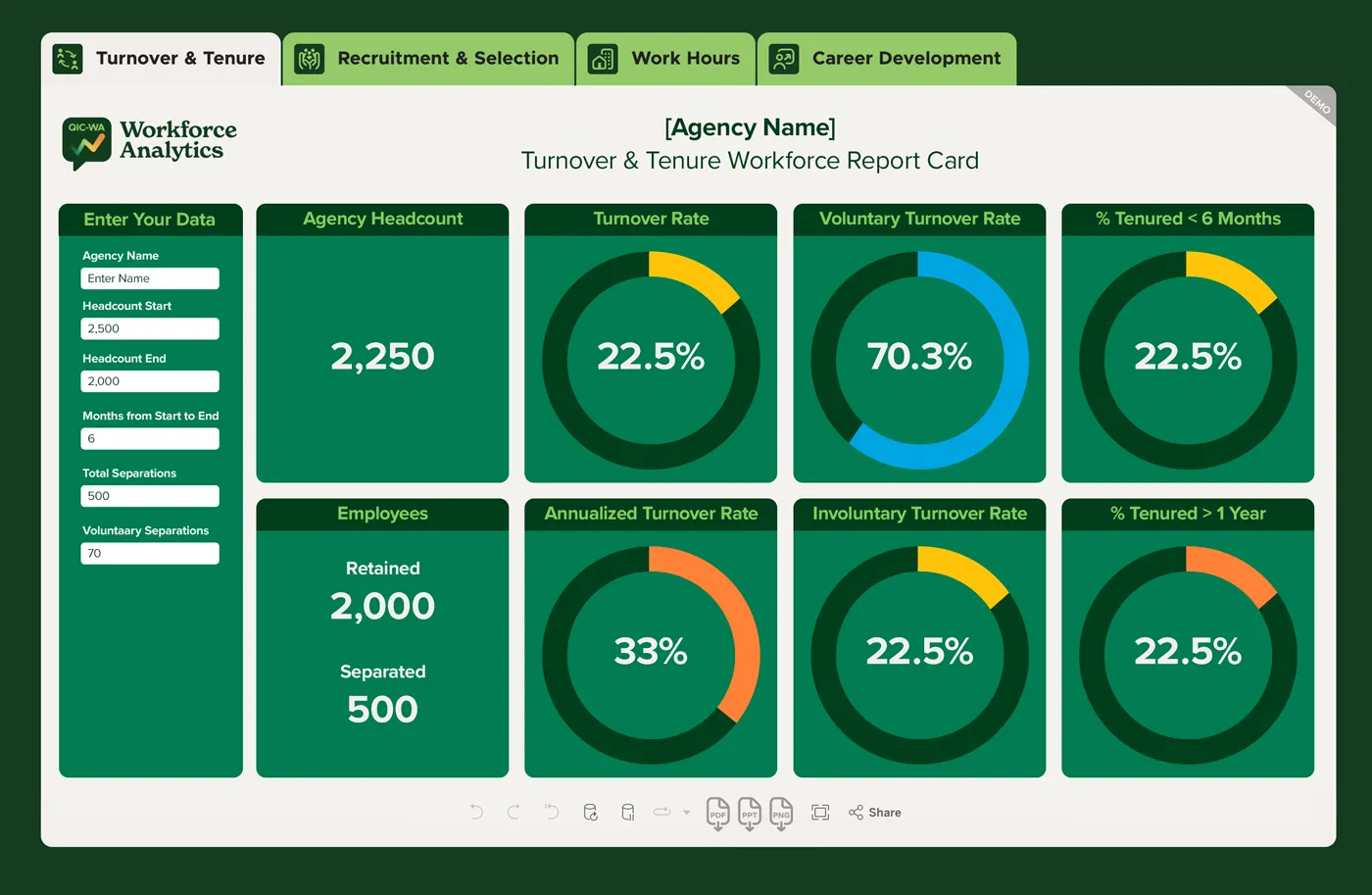
An analytical look at the challenges of workforce retention in social work
An analysis on workforce retention in social work and Puerto Rico’s role in a national project supporting this essential professional sector.
Learn More
Nexo Directo | March 2025
Access our quarterly newsletter here: Nexo Directo | March 2025.
Learn More
Collaboration without borders: A priority for advancing scientific knowledge
Grupo Nexos’ participation in global forums strengthens its international impact, building alliances to advance science and mental health beyond borders.
Learn More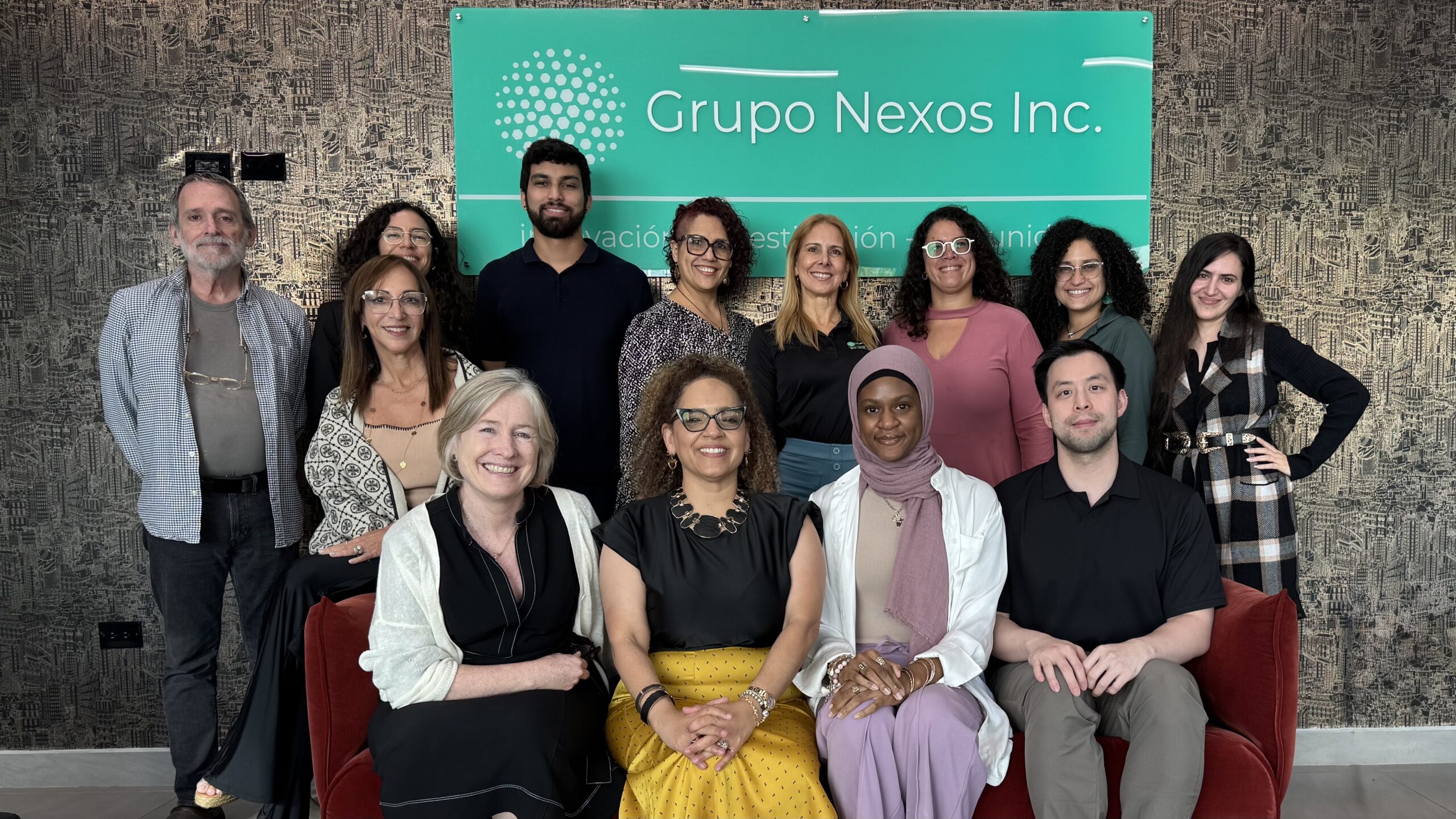
Bridging academia, public health, and policy: A conversation with Dr. Lorna Thorpe
During her visit to Grupo Nexos, Dr. Lorna Thorpe emphasized how data and community partnerships strengthen public health.
Learn More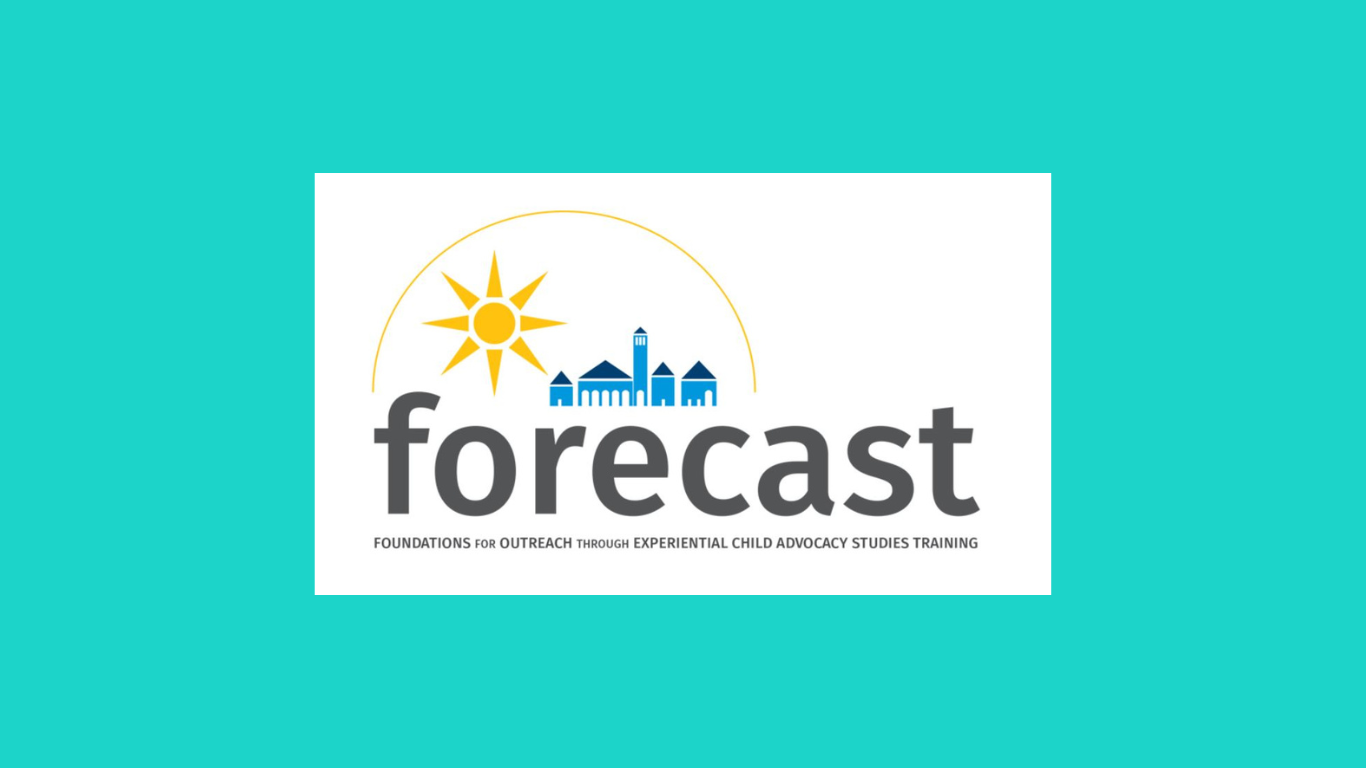
Professional development to transform family welfare services
Empowering professionals to transform family welfare services in Puerto Rico through FORECAST certification and trauma-informed practices.
Learn More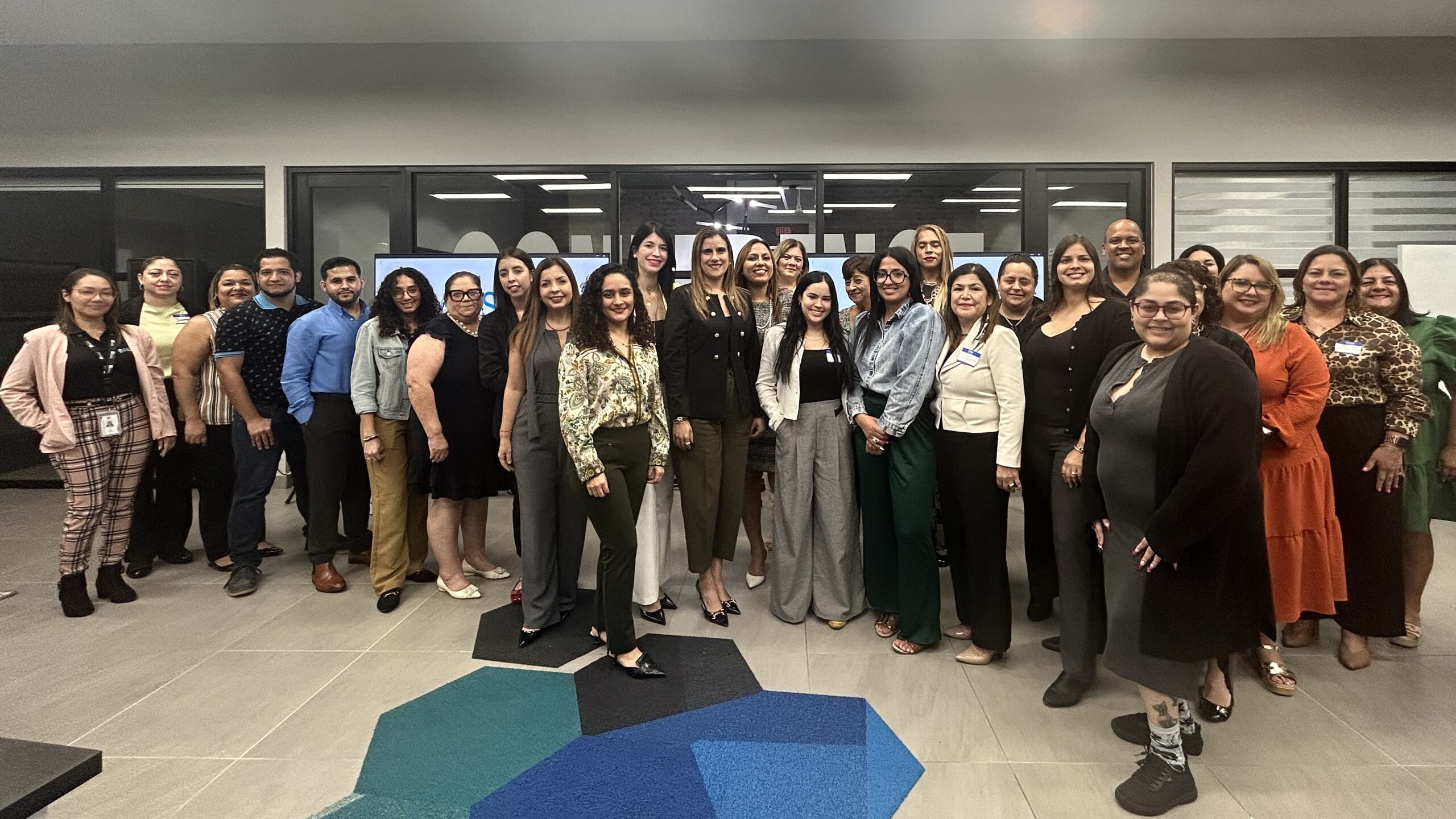
Specialized training to promote human rights and prevent juvenile delinquency
Trainings to promote human rights and prevent juvenile delinquency, strengthening interagency efforts and supporting youth well-being.
Learn More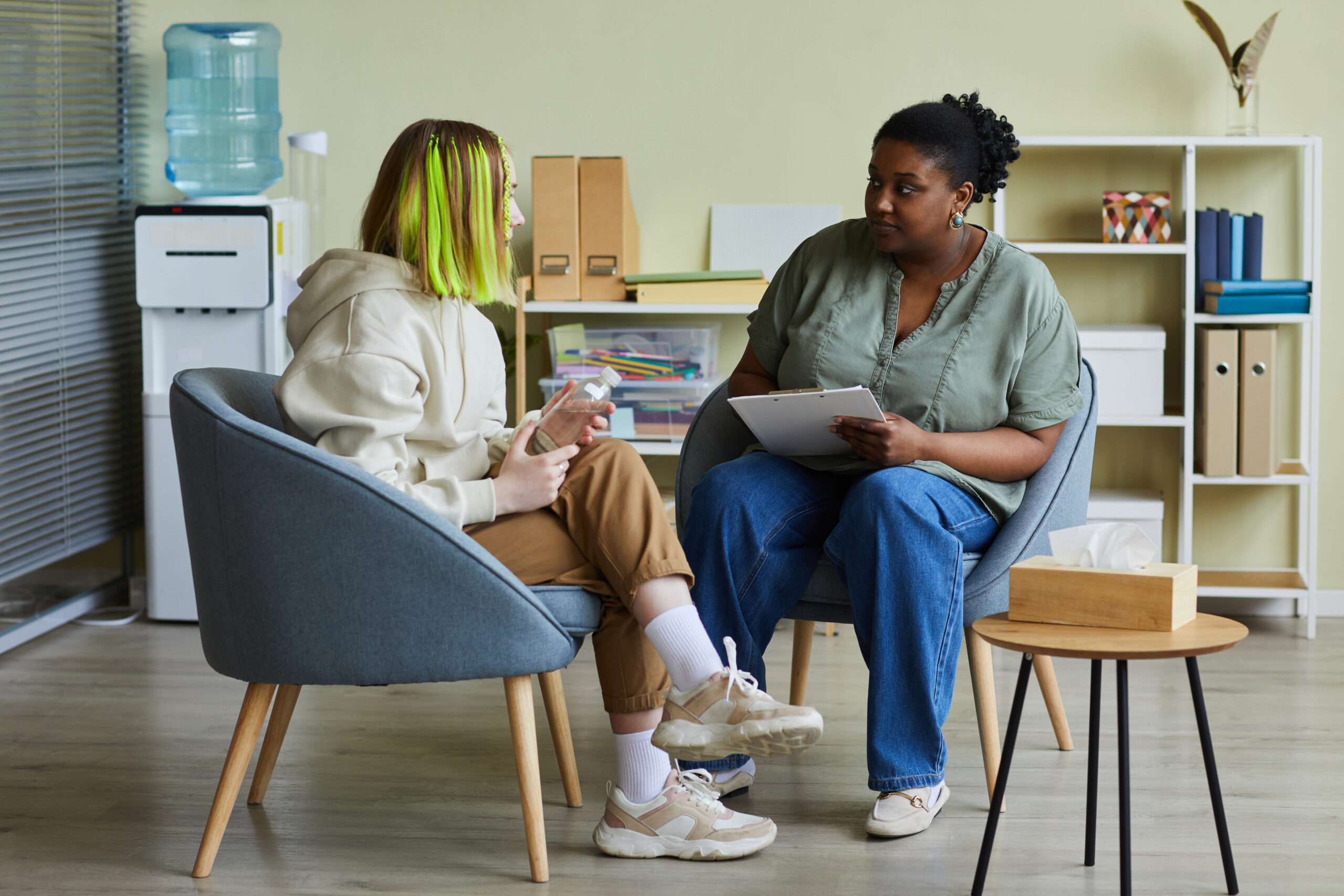
Grupo Nexos receives a grant from the Children’s Trust to implement a transformative project in Puerto Rico
Grupo Nexos receives $117,650 from the Children’s Trust to implement Functional Family Therapy and support families in southwestern Puerto Rico.
Learn More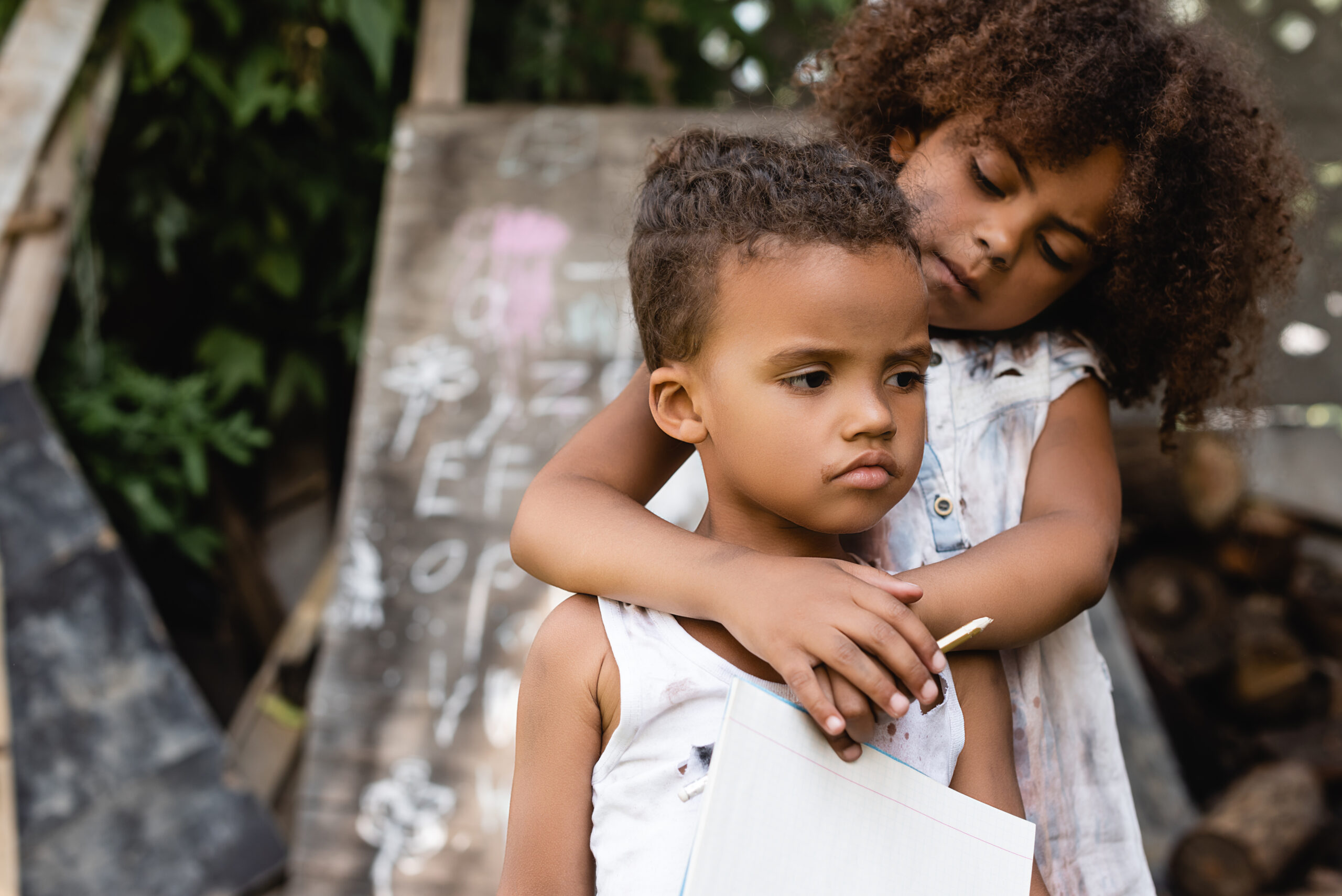
Urgent call for Puerto Rico’s children and youth
Enabling a promising future for our youth helps build a more equitable Puerto Rico, writes William Pagán, analyst for Grupo Nexos social policy division.
Learn More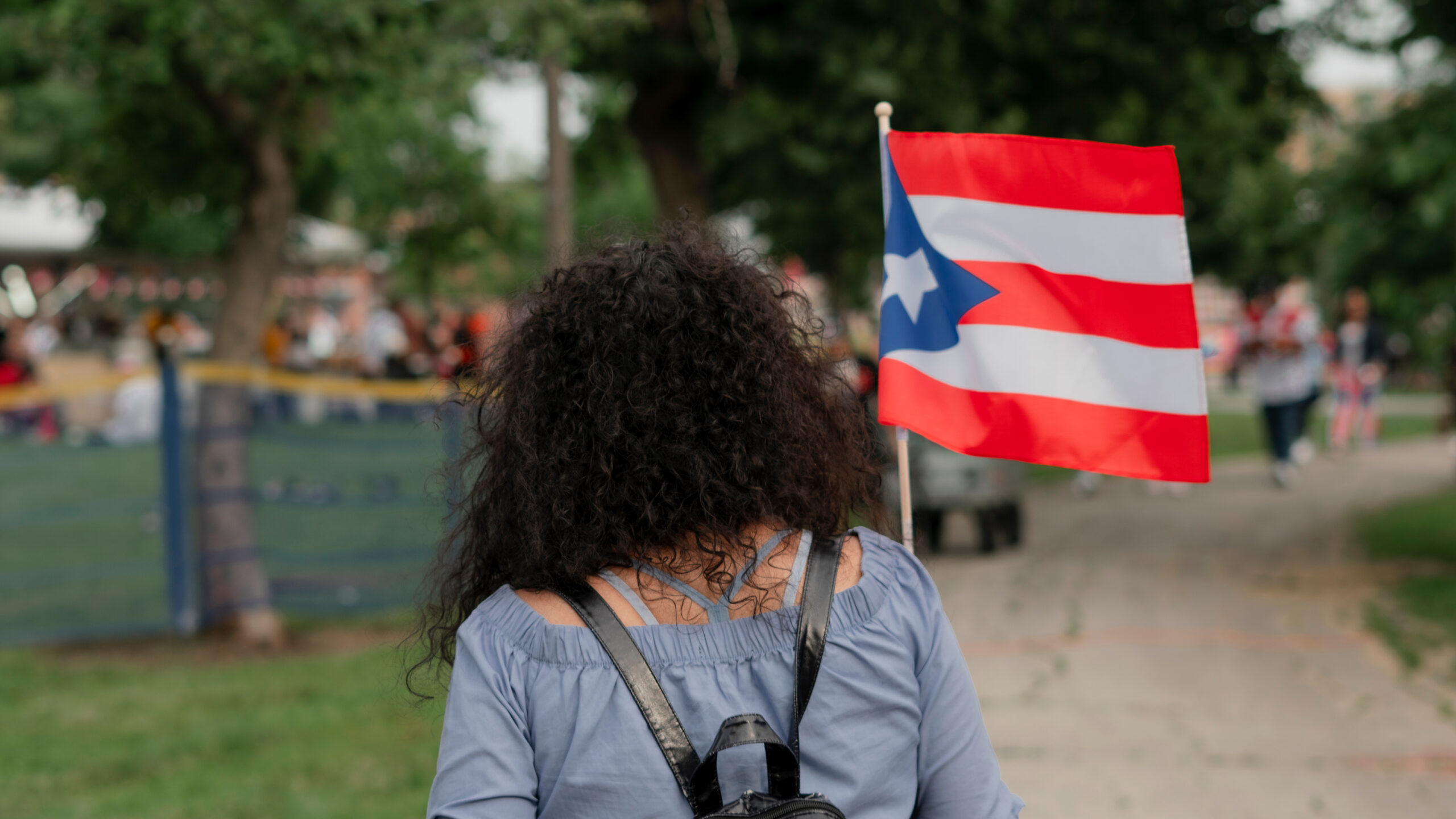
The normalization of historical trauma
Historical trauma shapes Puerto Rico’s identity. To heal, we must address its roots, embrace our cultural pride, and foster resilience.
Learn More
Nexo Directo Newsletter | October 2024
Access our quarterly newsletter here: Nexo Directo Newsletter | October 2024
Learn More